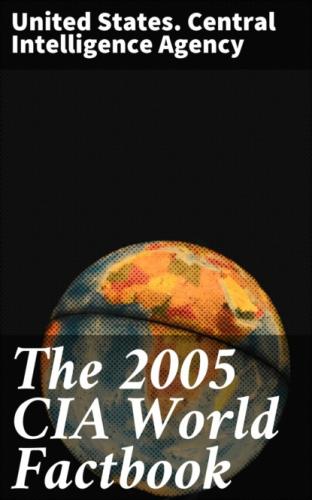Environment - current issues: shooting around the salt lake; note - breeding place for loggerhead and green turtles; only remaining colony of griffon vultures is on the base
Geography - note:
British extraterritorial rights also extended to several small
off-post sites scattered across Cyprus
People Akrotiri
Population:
no indigenous inhabitants
note: approximately 1,300 military personnel are on the base; there
are another 5,000 British citizens who are families of military
personnel or civilian staff on both Akrotiri and Dhekelia; Cyprus
citizens work on the base, but do not live there
Languages:
English, Greek
Government Akrotiri
Country name:
conventional long form: Akrotiri Sovereign Base Area
conventional short form: Akrotiri
Dependency status:
overseas territory of UK; administered by an administrator who is
also the Commander, British Forces Cyprus
Capital:
Episkopi Cantonment; also serves as capital of Dhekelia
Legal system:
the laws of the UK, where applicable, apply
Executive branch:
chief of state: Queen Elizabeth II (since 6 February 1952)
head of government: Administrator Maj. Gen. Peter Thomas Clayton
PEARSON (since 9 May 2003); note - reports to the British Ministry
of Defence
elections: none; the monarch is hereditary; the administrator is
appointed by the monarch
Diplomatic representation in the US:
none (overseas territory of the UK)
Diplomatic representation from the US:
none (overseas territory of the UK)
Flag description:
the flag of the UK is used
Economy Akrotiri
Economy - overview:
Economic activity is limited to providing services to the military
and their families located in Akrotiri. All food and manufactured
goods must be imported.
Military Akrotiri
Military - note:
Akrotiri has a full RAF base, Headquarters for British Forces on
Cyprus, and Episkopi Support Unit
This page was last updated on 20 October, 2005
======================================================================
@Albania
Introduction Albania
Background:
Between 1990 and 1992 Albania ended 46 years of xenophobic
Communist rule and established a multiparty democracy. The
transition has proven difficult as successive governments have tried
to deal with high unemployment, widespread corruption, a dilapidated
infrastructure, powerful organized crime networks with links to
government officials, and disruptive political opponents. Albania
has made incremental progress in its democratic development since
first holding multiiparty elections in 1991, but deficiencies remain
- particularly in regard to the rule of law. Despite some lingering
problems, international observers have judged elections to be
largely free and fair since the restoration of political stability
following the collapse of pyramid schemes in 1997. In the 2005
general elections, the Democratic Party and its allies won a
decisive victory on pledges of reducing crime and corruption,
promoting economic growth, and decreasing the size of government.
Although Albania's economy continues to grow, the country is still
one of the poorest in Europe, hampered by a large informal economy,
large public debt, and an inadequate energy and tranportation
infrastructure. Albania has played a largely helpful role in
managing inter-ethnic tensions in southeastern Europe, and is
continuing to work toward joining NATO and the EU.
Geography Albania
Location:
Southeastern Europe, bordering the Adriatic Sea and Ionian Sea,
between Greece and Serbia and Montenegro
Geographic coordinates:
41 00 N, 20 00 E
Map references:
Europe
Area:
total: 28,748 sq km
land: 27,398 sq km
water: 1,350 sq km
Area - comparative:
slightly smaller than Maryland
Land boundaries:
total: 720 km
border countries: Greece 282 km, Macedonia 151 km, Serbia and
Montenegro 287 km
Coastline:
362 km
Maritime claims:
territorial sea: 12 nm
continental shelf: 200-m depth or to the depth of exploitation
Climate:
mild temperate; cool, cloudy, wet winters; hot, clear, dry summers;
interior is cooler and wetter
Terrain:
mostly mountains and hills; small plains along coast
Elevation extremes:
lowest point: Adriatic Sea 0 m
highest point: Maja e Korabit (Golem Korab) 2,764 m
Natural resources:
petroleum, natural gas, coal, bauxite, chromite, copper, iron ore,
nickel, salt, timber, hydropower
Land use: arable land: 21.09% permanent crops: 4.42% other: 74.49% (2001)
Irrigated land:
3,400 sq km (1998 est.)
Natural hazards:
destructive earthquakes; tsunamis occur along southwestern coast;
floods; drought
Environment - current issues:
deforestation; soil erosion; water pollution from industrial and
domestic effluents
Environment - international agreements:
party to: Biodiversity, Climate
